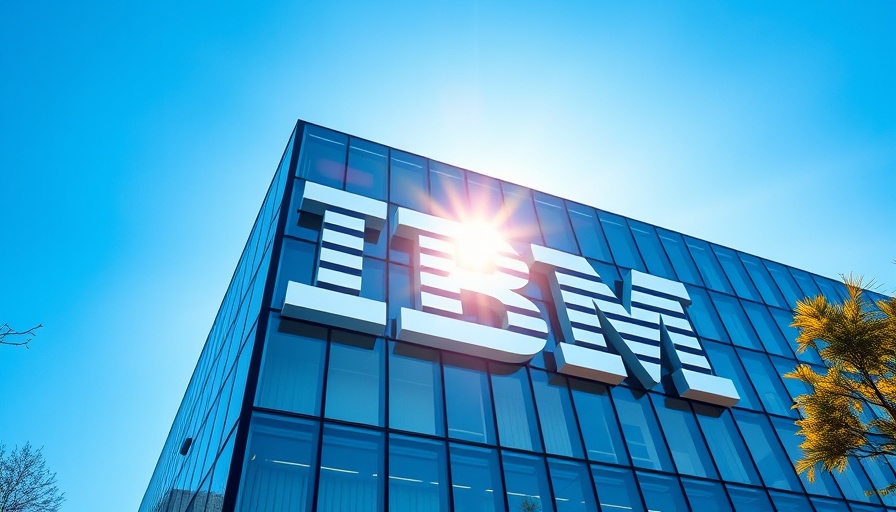
AI Takes the Helm: IBM Cuts 8,000 Jobs
IBM's recent announcement of a significant workforce reduction, affecting 8,000 employees globally, marks a pivotal moment in the evolution of artificial intelligence (AI) within large organizations. As the tech giant shifts towards more automated processes, the Human Resources (HR) department will experience the most profound cuts, raising eyebrows across the industry and sparking discussions on the implications of AI on traditional job roles.
The Rise of AI in Talent Management
The reason behind IBM's decision lies in the rapidly advancing capabilities of AI-powered systems. Over the past few years, IBM has poured resources into developing AI that can perform a range of tasks historically undertaken by humans. Tasks like resume screening, payroll management, and preliminary interviews are now primarily handled by AI platforms that offer speed and efficiency.
According to IBM, their AI solutions have matured to a point where they can effectively manage core HR functions, allowing for a more concentrated effort on strategic initiatives that drive the company forward. This tides into a broader industry trend where companies are encouraged to adopt technology to remain competitive.
Beyond Job Losses: The Future Landscape of Work
With automation presenting opportunities for cost savings and increased efficiency, it's vital to consider the challenges this brings to the workforce. Experts advocate for organizations to implement reskilling programs, ensuring employees evolve alongside technology. Reskilling can empower displaced workers to take on new roles within the tech ecosystem, driving forward innovation and growth in high-demand sectors.
As workers face uncertainty, IBM is committed to providing severance packages, career counseling, and resources for upskilling. This commitment addresses concerns that employees might have regarding their job security in an increasingly automated environment. Many industry observers are urging businesses to consider the social ramifications of layoffs due to automation.
Addressing Job Displacement with Humanity
The human aspect of work cannot be overlooked, particularly in HR, where emotional intelligence plays a crucial role. While AI technology proves advantageous in many areas, the nurturing touch of human interaction can often foster workplace culture and employee satisfaction. It’s clear that while AI can streamline processes, there needs to be a balance where human roles still thrive.
IBM's latest job cuts should prompt a larger industry conversation regarding the necessity of preserving jobs that offer personal connection and support. As organizations adopt these new technologies, they should simultaneously strategize on creating environments that cultivate human creativity and problem-solving skills.
In Conclusion: Engaging with AI Responsibly
As IBM and other tech giants shift towards automation, the impacts on employment are undeniable. The conversation must now extend beyond the initial shock of layoffs to encompass strategies that ensure a supportive transition for affected employees. Embracing AI doesn’t have to mean sacrificing humanity in the workplace.
For those looking to navigate this changing landscape, reskilling and evolving competencies are essential. Embrace the potential advancements that AI offers in reshaping industries, while also focusing on the value of human interaction that no machine can replace.
If you’re interested in how to bypass any AI detection mechanisms seamlessly, check out prompt2human.com.
 Add Row
Add Row  Add
Add 




 Add Row
Add Row  Add
Add 

Write A Comment